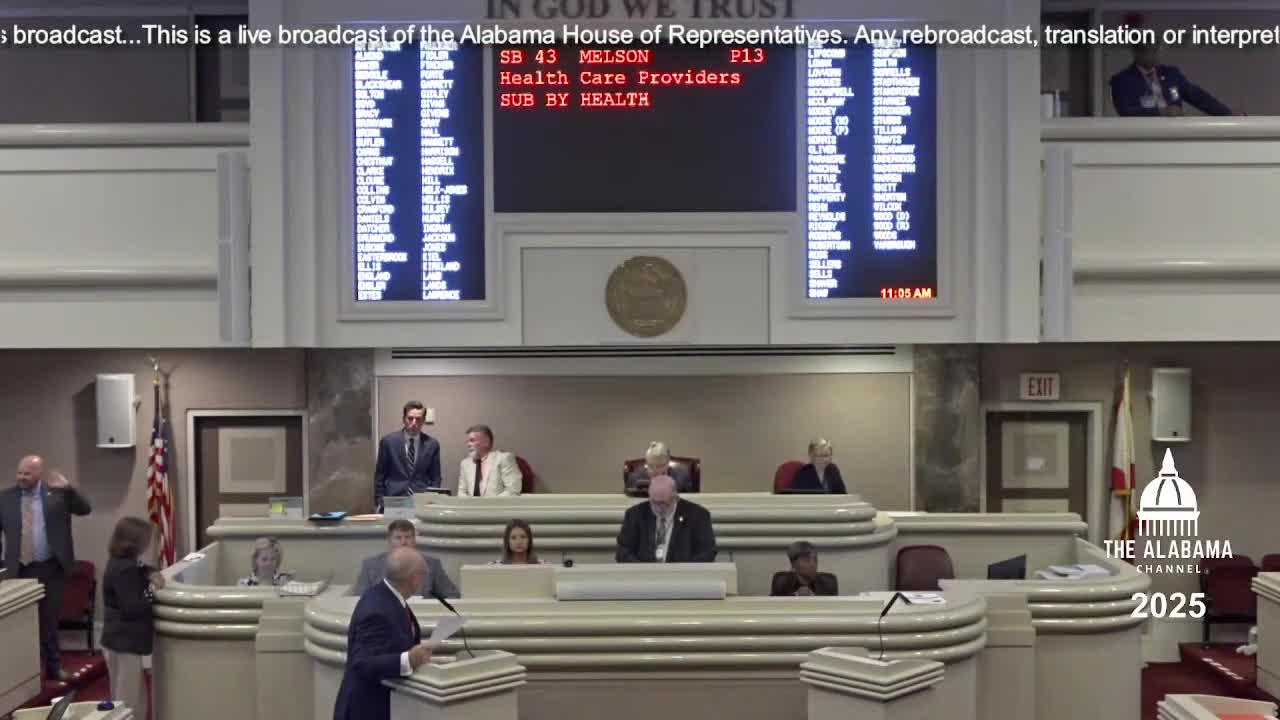Article not found
This article is no longer available. But don't worry—we've gathered other articles that discuss the same topic.
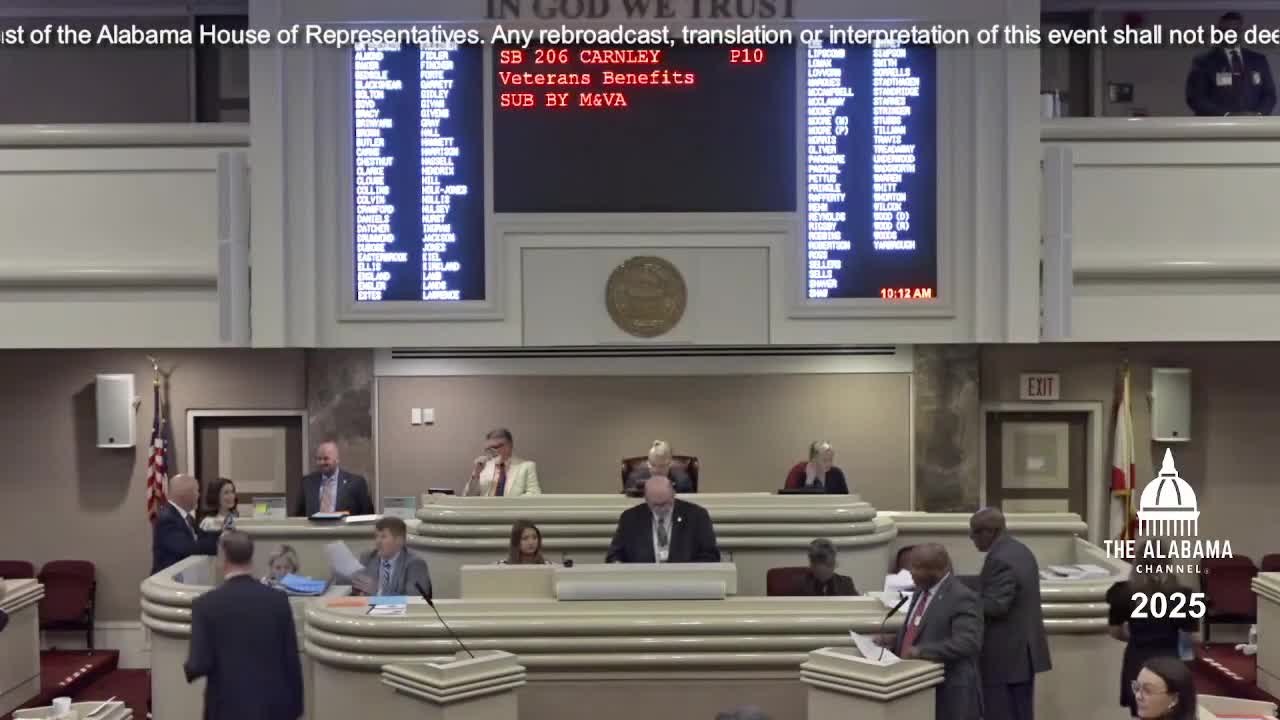
House approves bill requiring accreditation for private veterans benefits helpers
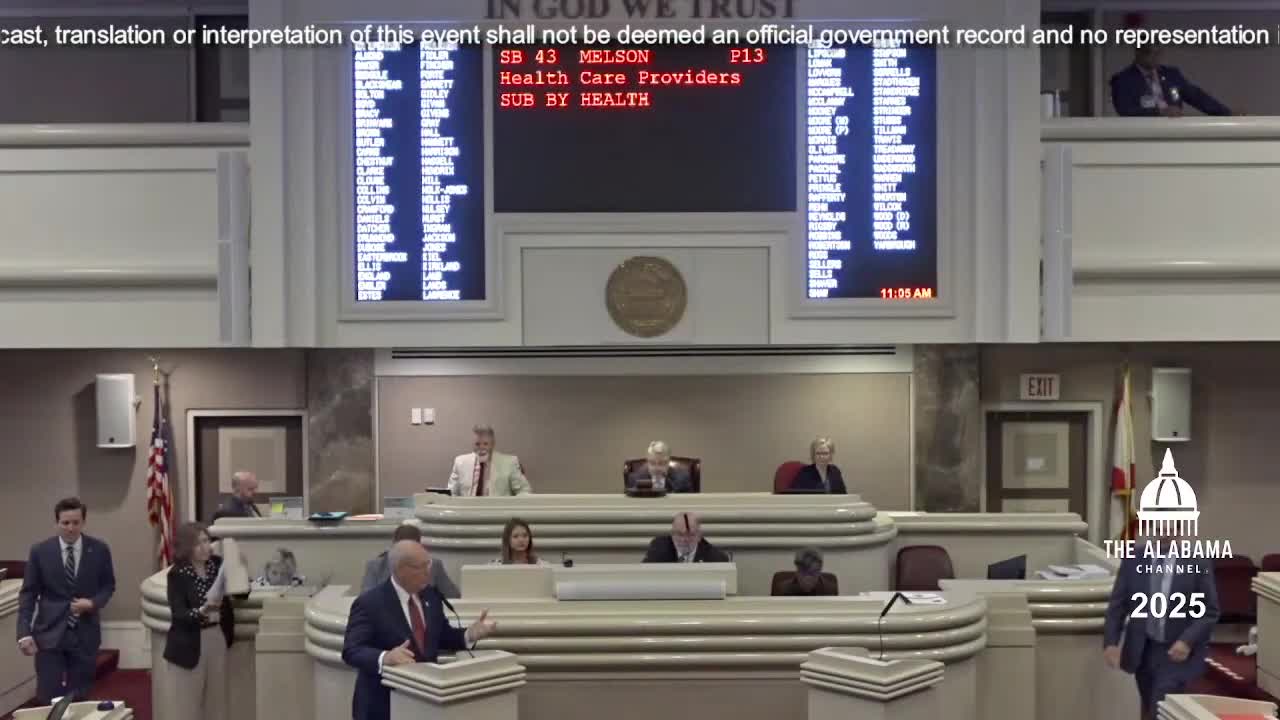
House adopts substitute to remove gag orders that limit physician‑patient treatment discussions
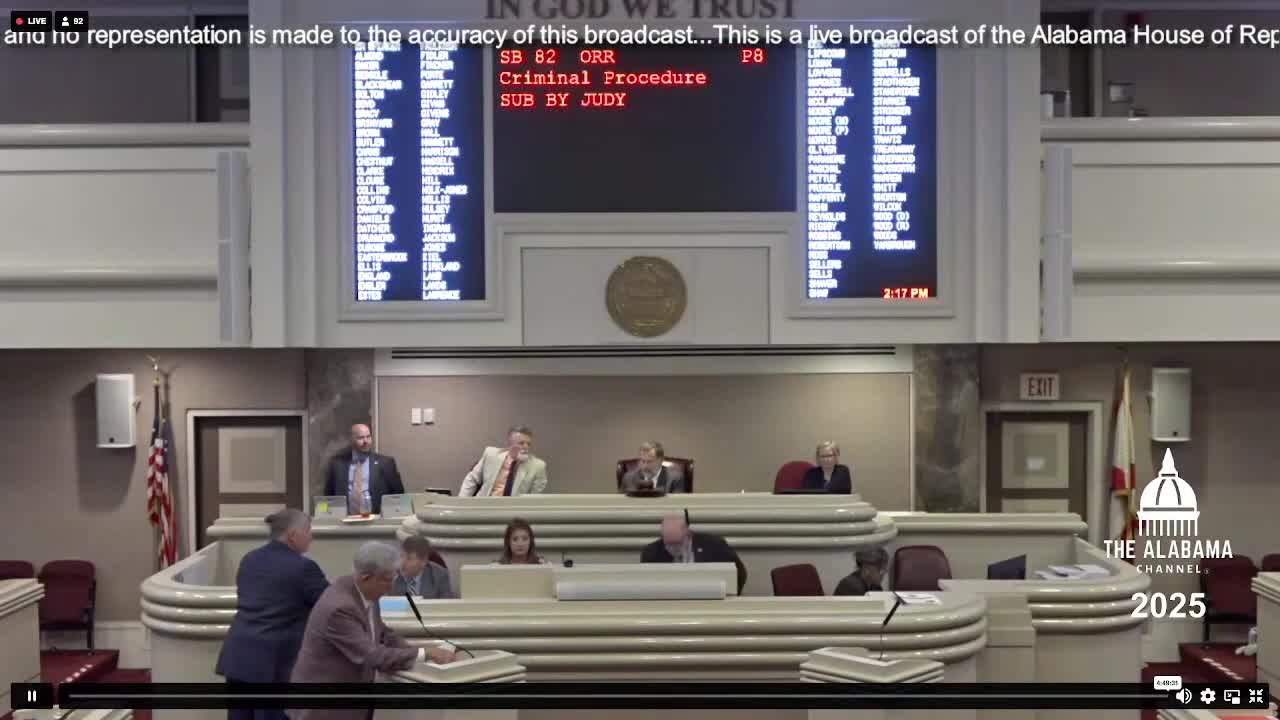
House amends bill on old warrants; lawmakers debate recall process and local court duties
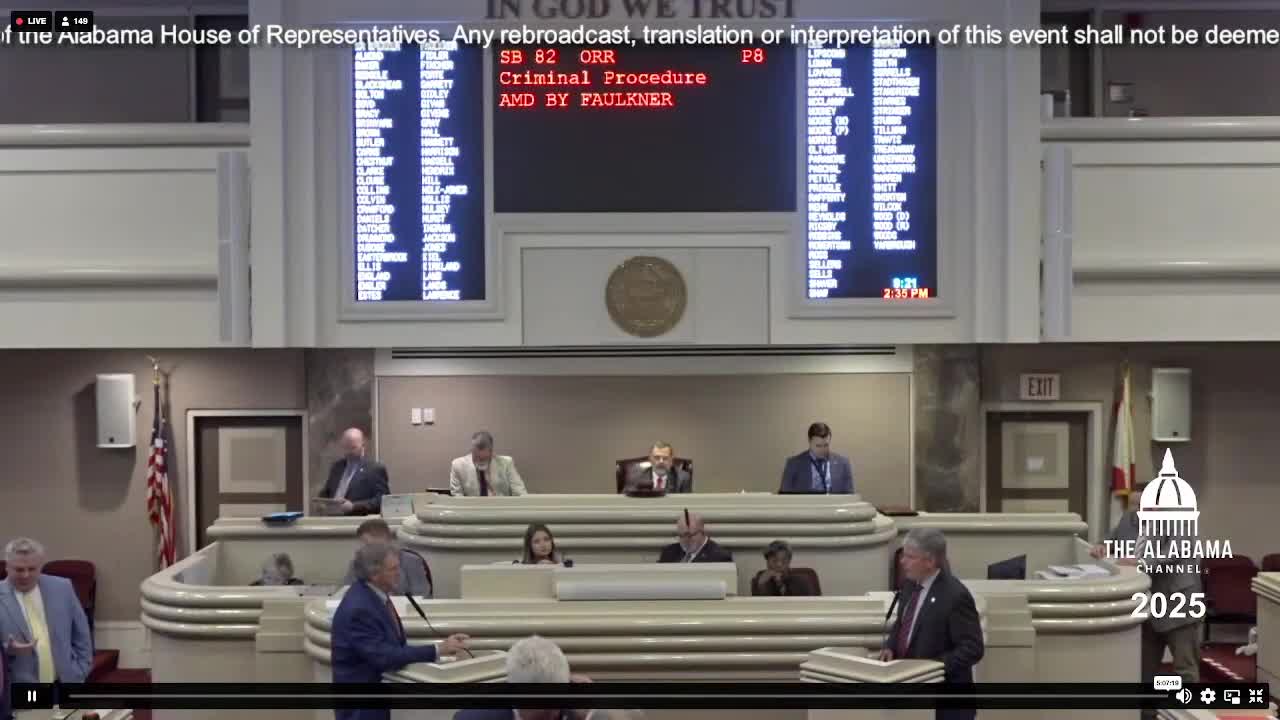
Heated debate as House considers Greene County pari‑mutuel updates; members split on local approach
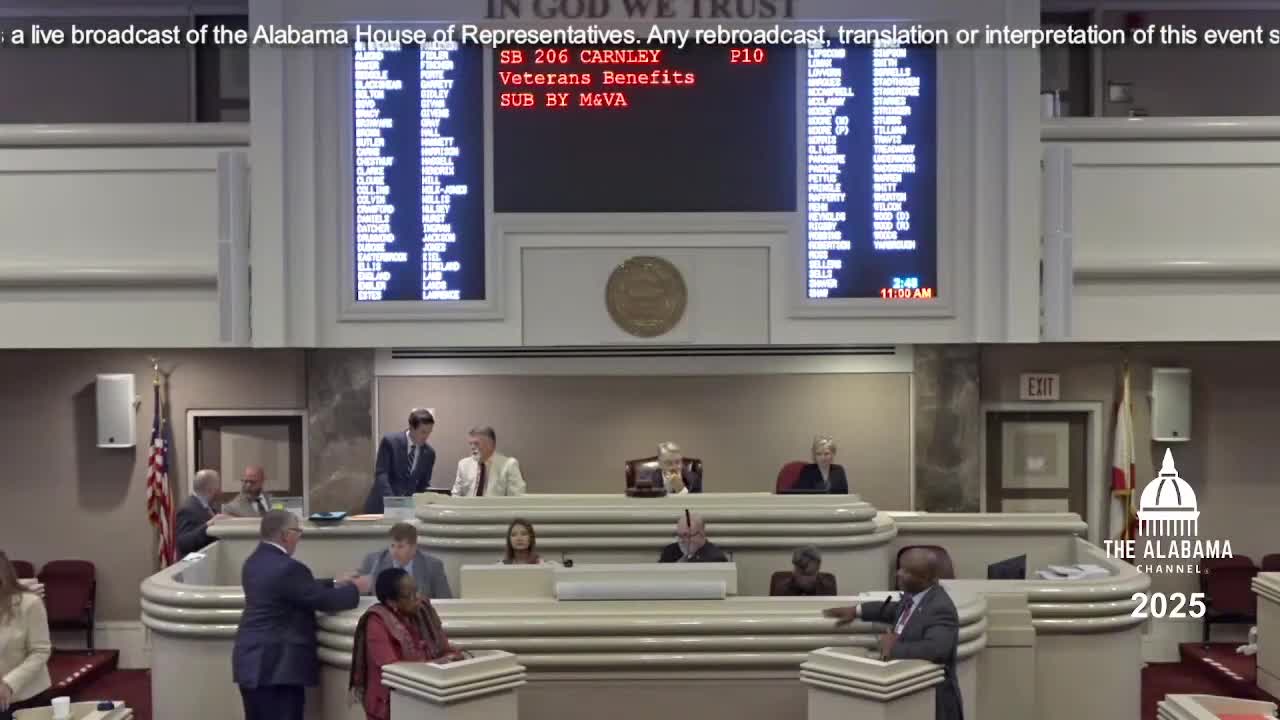
House backs new felony for theft of employees' retirement contributions
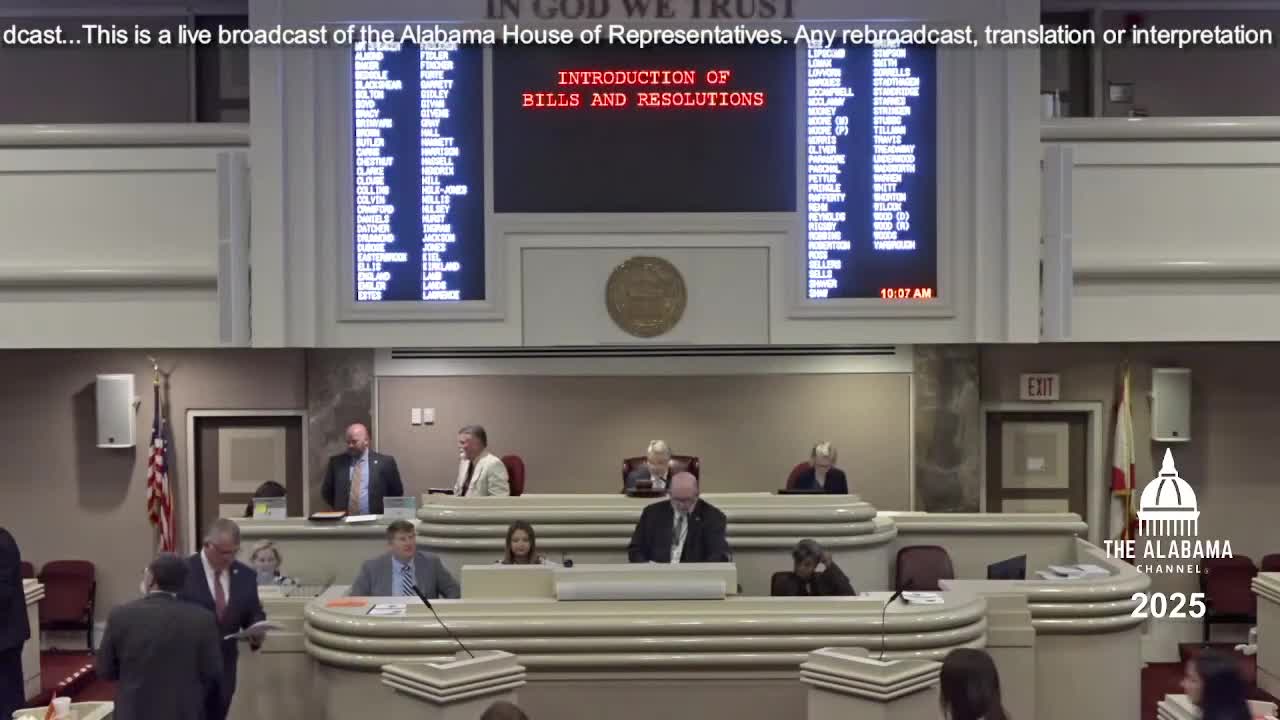
Votes at a glance: House floor actions — May session
